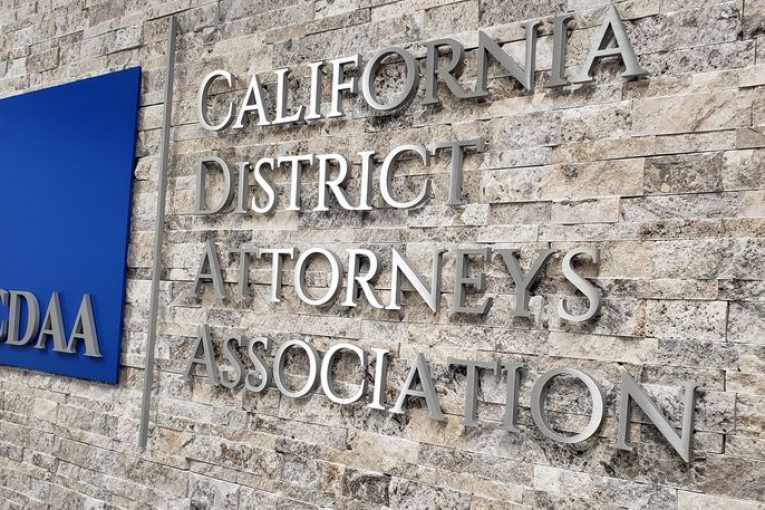

By Peter Eibert and Benjamin Porter
SACRAMENTO, CA – As they left the Capitol this past holiday weekend, the California State Legislature voted to pass AB/SB 157, a bill drafted to address the recently discovered misappropriation of about $3 million restricted state funds meant for environmental and worker safety purposes for the California District Attorneys Association (CDAA).
The programs were not used for environmental and worker safety purposes, and the legislature yanked them from the CDAA, and set them up with appropriate governmental agencies.
The CDAA is a state-wide advocacy group for prosecutors, which, according to its website, seeks to “promote justice by enhancing prosecutorial excellence,” a mission statement which would still require a stretch of the imagination in order to justify the misappropriation of funds, despite its to-be-expected euphemistic vagueness.
In defense of their misappropriation of funds, the CDAA claimed that they thought the restricted funds were “unrestricted and available for general use.” Funds designated as “restricted” are, according to the law, required to be used for specified purposes.
Hemming Morse Forensic and Financial Consults, a San Francisco-based firm hired by the CDAA to perform an audit in response to concerns “raised internally” by current CDAA CEO Mark Zahner, found that nearly $3 million was misappropriated.
These funds were supposed to be used for training prosecutors and retaining outside attorneys to deal with cases involving environmental violations was instead used for other purposes, such as unrelated training and lobbying.
The Senate’s analysis of the two bills claimed that the illegal practice had been “instrumental to CDAA’s financial viability since 2004.”
AB/SB 157 addresses many of the problems that resulted from the CDAA misusing restricted funds. The bill also attempts to curb such misconduct in the future.
The bill’s statutory changes include eliminating the Environmental Circuit Prosecutor Project and establishing the Environmental Prosecutor Grant Program within the California Environmental Protection Agency (CalEPA).
The new CalEPA program provides grants for the costs of prosecutors, investigators, and research attorneys for prosecuting crimes.
The bill also removes the authorization of funds under the Environmental Enforcement and Training Act of 2002 from the CDAA.
Instead, funding is allocated to qualified grantees, who then “develop and implement specified education and training programs.”
It also allocates all funds for the High Technology Theft Apprehension and the Prosecution Fund, which are meant to improve the capacity of local prosecutors and law enforcement to investigate and prosecute high technology-related crimes, to the Department of Justice – and it also removes the CDAA as a recipient.
Lastly, the bill “prohibits the awarding of a grant to or the creation of new contracts with the CDAA under these specified programs.”
Assemblymember Cristina Garcia (D – Bell Gardens), who held hearings on the controversy in the Assembly Budget Committee earlier this year, hailed the passage of the bills on social media as “a critical step to restore the public’s trust.”
Additionally, Assemblymember Garcia lauded the bill for reappropriating state funds “that were dedicated to get communities their piece of environmental justice.”

